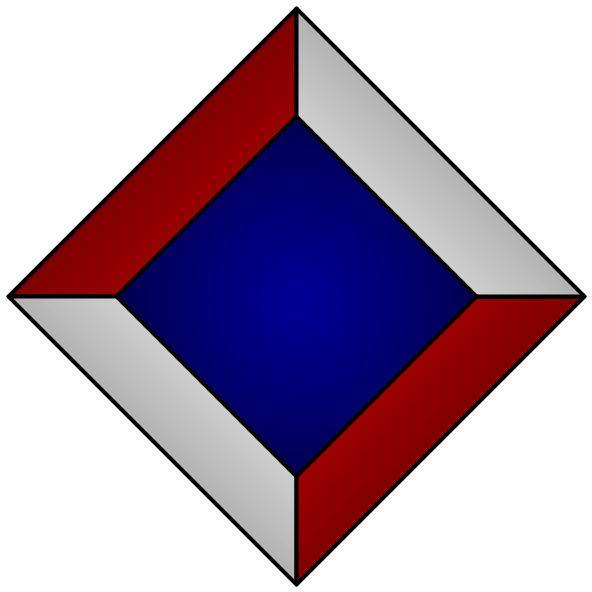¶Barrett2024
Chris Barrett, Daniel Castle, and Willem Heijltjes. 2024. “The Relational Machine Calculus”. In 39th Annual ACM/IEEE Symposium on Logic in Computer Science (LICS ’24), July 8–11, 2024, Tallinn, Estonia. ACM, New York, NY, USA, 15 pages
¶Abstract
This paper presents the Relational Machine Calculus (RMC): a simple, foundational model of first-order relational programming. The RMC originates from the Functional Machine Calculus (FMC), which generalizes the lambda-calculus and its standard call-by-name stack machine in two directions. One, "locations", introduces multiple stacks, which enable effect operators to be encoded into the abstraction and application constructs. The second, "sequencing", introduces the imperative notions of "skip" and "sequence", similar to kappa-calculus and concatenative programming languages. The key observation of the RMC is that the first-order fragment of the FMC exhibits a latent duality which, given a simple decomposition of the relevant constructors, can be concretely expressed as an involution on syntax. Semantically, this gives rise to a sound and complete calculus for string diagrams of Frobenius monoids. We consider unification as the corresponding symmetric generalization of beta-reduction. By further including standard operators of Kleene algebra, the RMC embeds a range of computational models: the kappa-calculus, logic programming, automata, Interaction Nets, and Petri Nets, among others. These embeddings preserve operational semantics, which for the RMC is again given by a generalization of the standard stack machine for the lambda-calculus. The equational theory of the RMC (which supports reasoning about its operational semantics) is conservative over both the first-order lambda-calculus and Kleene algebra, and can be oriented to give a confluent reduction relation.
